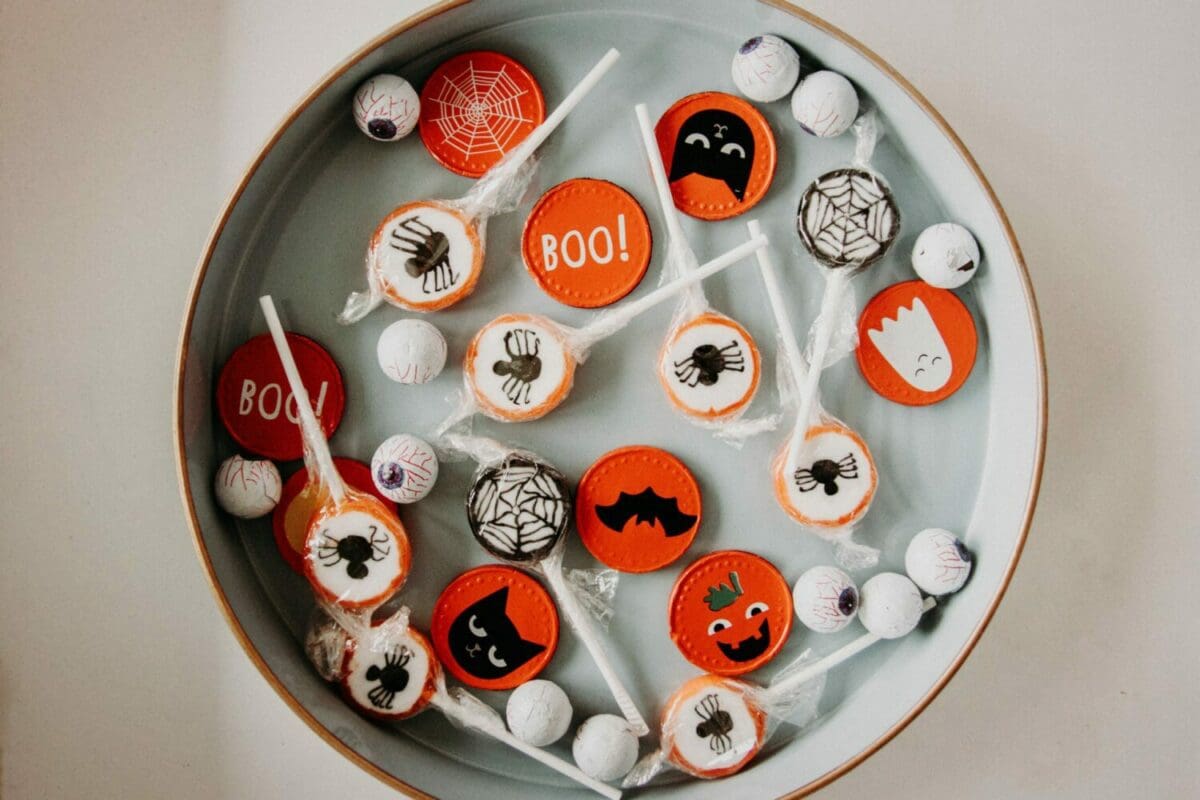
Celebrate Halloween in a Respectful Way!
October 31, 2022 in Be Positive
`When the leaves start changing and the air feels crisp, you know Halloween is right around the corner! Halloween is one of my favorite holidays and what I like most about it is that everyone is free to dress up as whomever or whatever they please and have a blast with friends! Ghosts, witches, zombies, and vampires are Halloween classics, but you know what’s scarier than all those combined? Using the holiday as a means to perpetuate mental health stigmas.
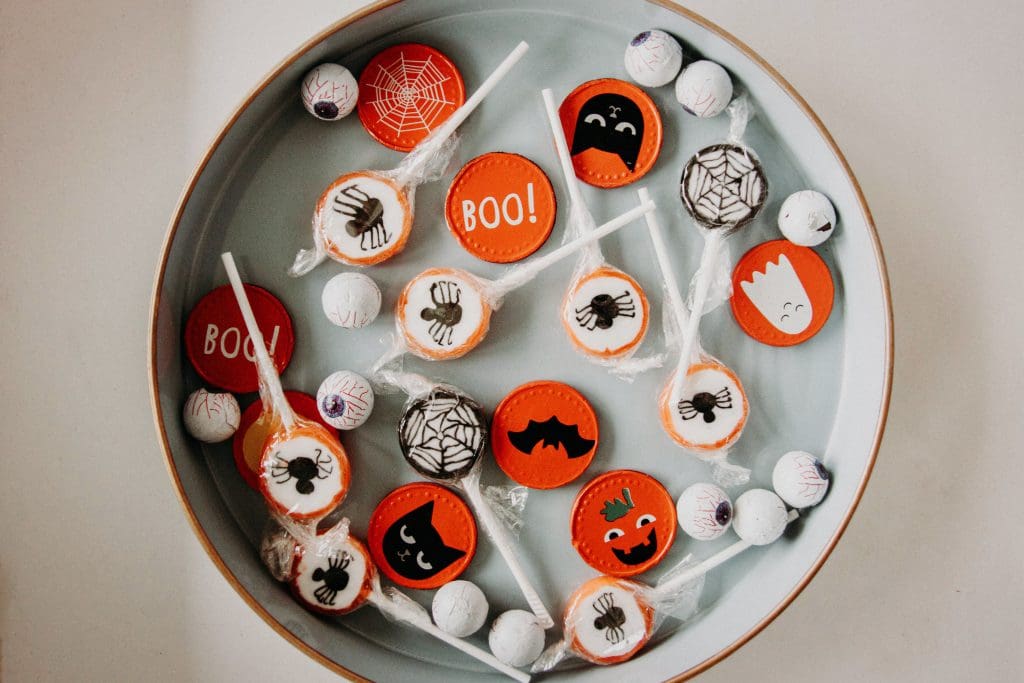
Depictions in popular media like scary movies oftentimes show stereotyped and exaggerated characters. While these characters are fictionalized, we often see a surge in costumes that perpetuate problematic tropes during Halloween. Costumes such as straight jackets, “mental patient”, “psycho”, and “asylum” are all hurtful caricatures of people who suffer from mental illness.
Mental health is commonly stigmatized topic and many people refuse to seek help because they are afraid of what people may think of them. Not only is it cruel to label a group of individuals as violent or dangerous, it’s incredibly inaccurate. People who have mental illness can be high functioning individuals with thriving social and professional lives!
Having a mental illness can be very scary. By wearing costumes that perpetuate these stigmas, individuals who are already afraid of a diagnosis may choose to hide their illness and refuse to seek the help they need. Mental illness is not violent, frightening, or funny and should be taken seriously.

It’s good to remind ourselves around Halloween time that depictions of psychological disorders in movies or shows is often not realistic and to encourage others around us to speak up if they see costumes that may be hurtful! Ultimately, mental health diagnoses are not costumes, and while Halloween costumes may be removable, those who suffer from mental illness cannot remove their diagnoses.
Feel free to share your respectful Halloween costume ideas below and let us know what you’re most excited about this fall!





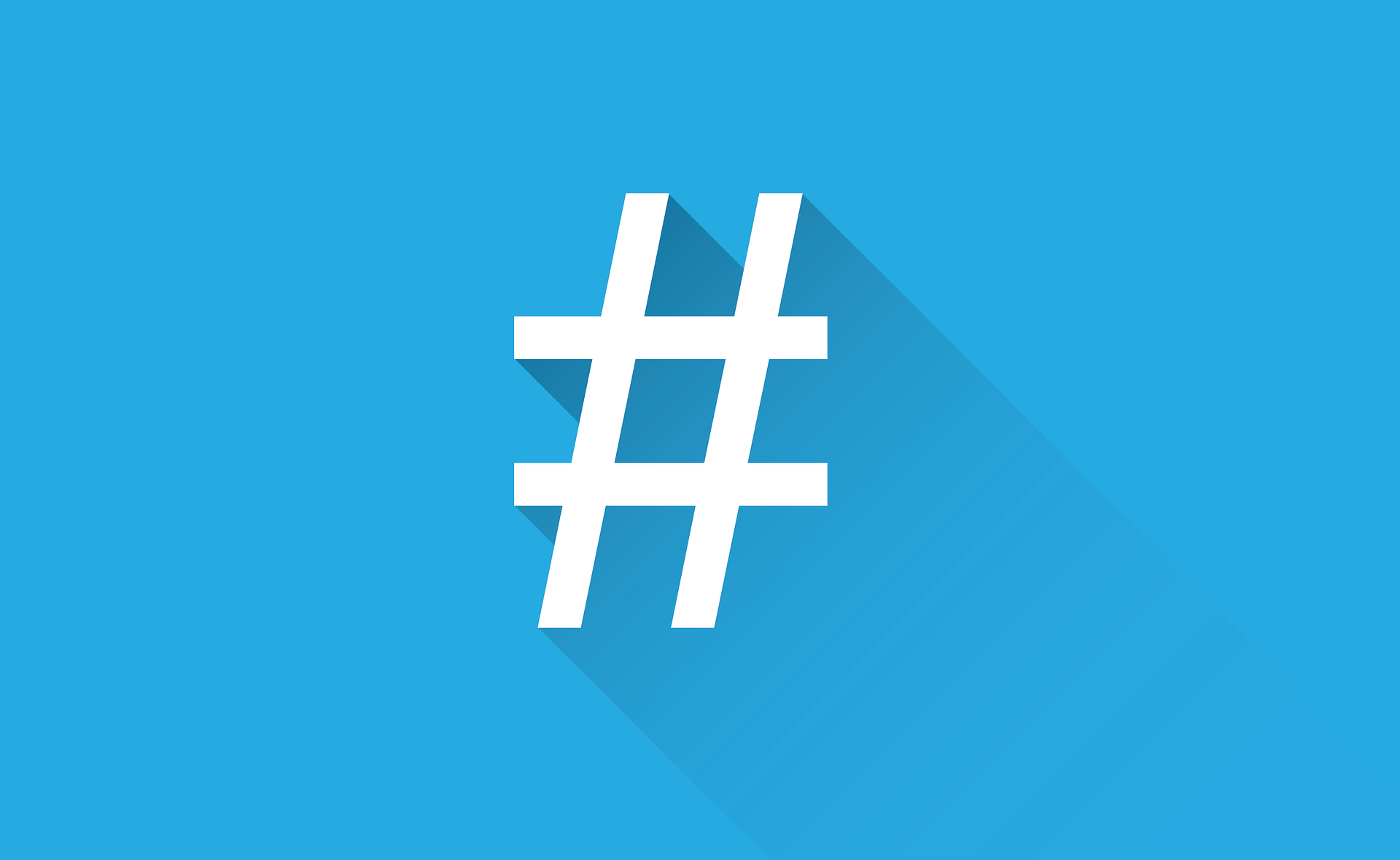

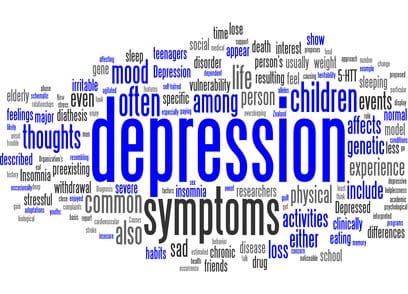


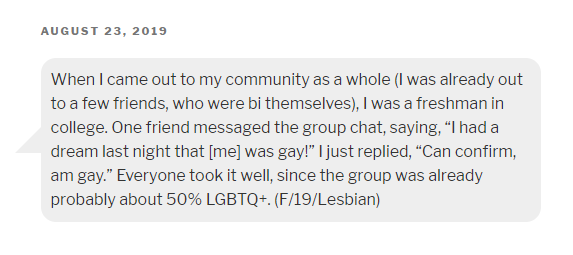




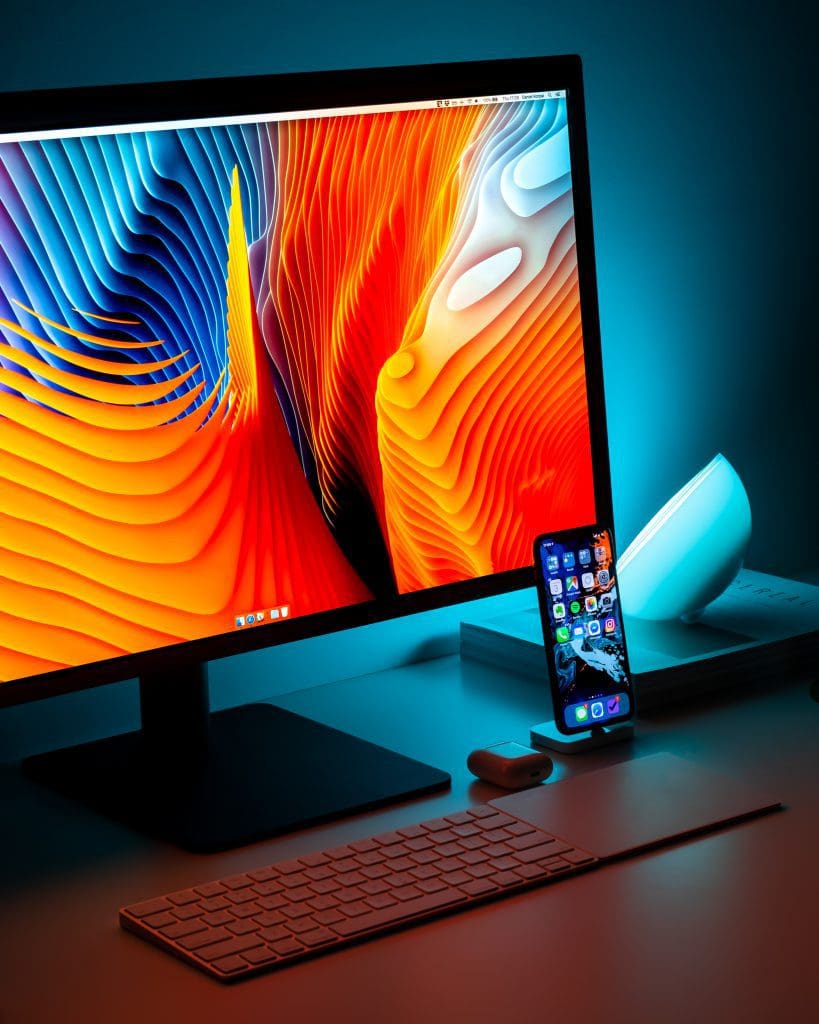



Recent Comments